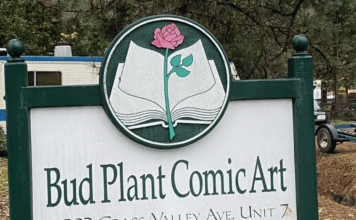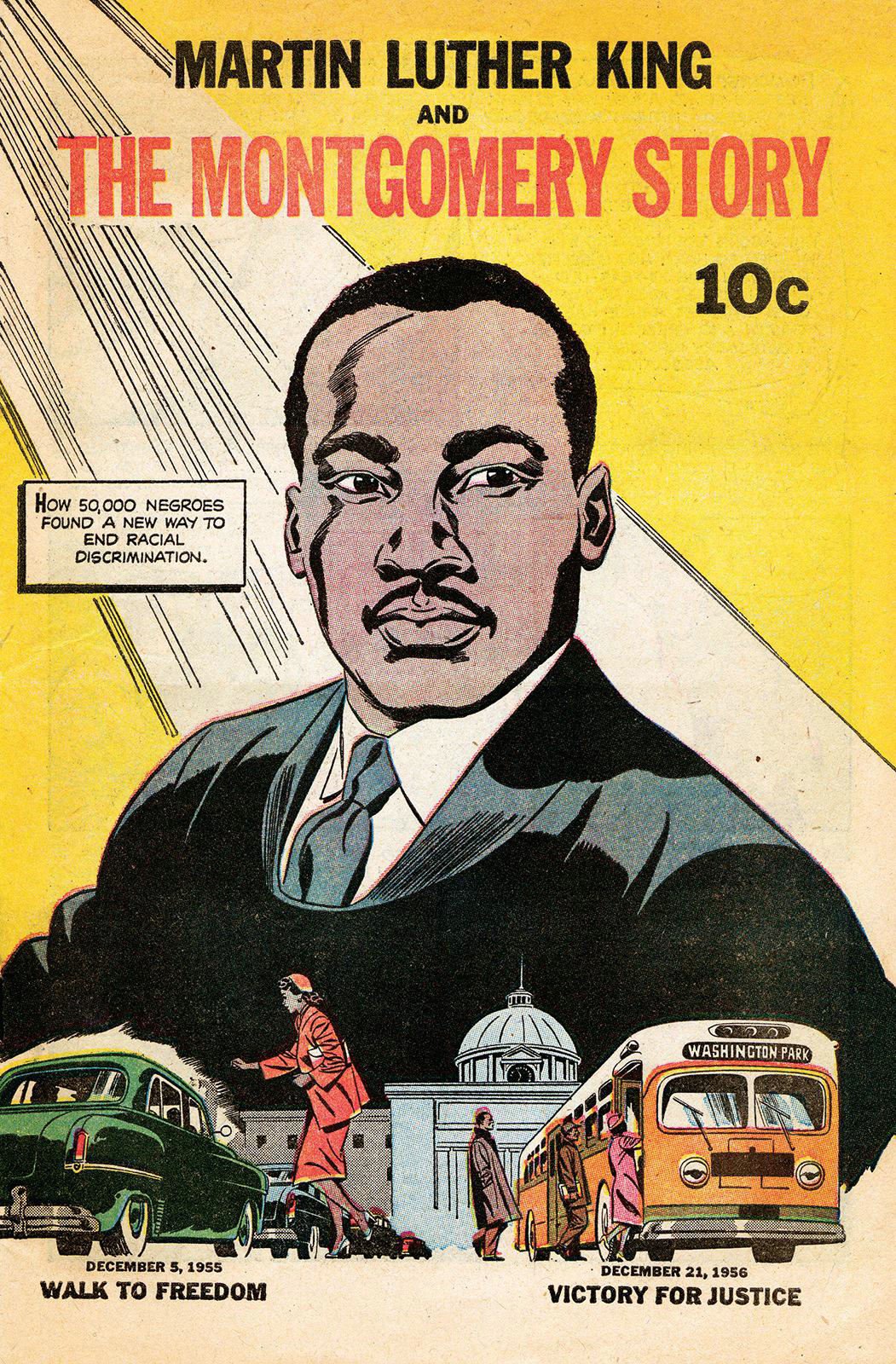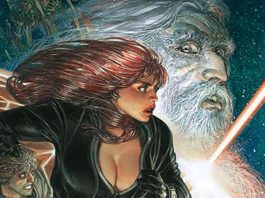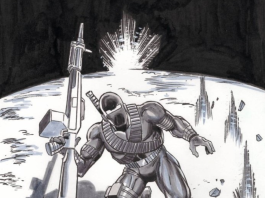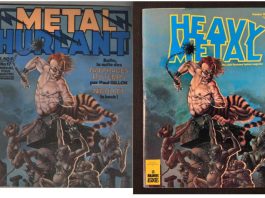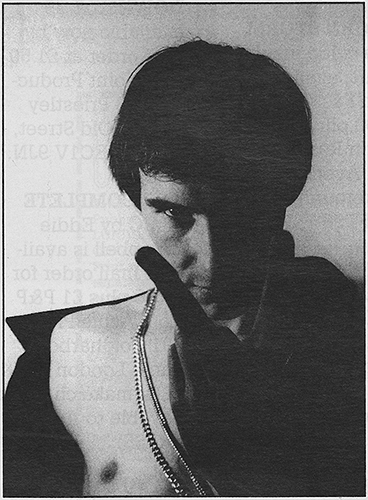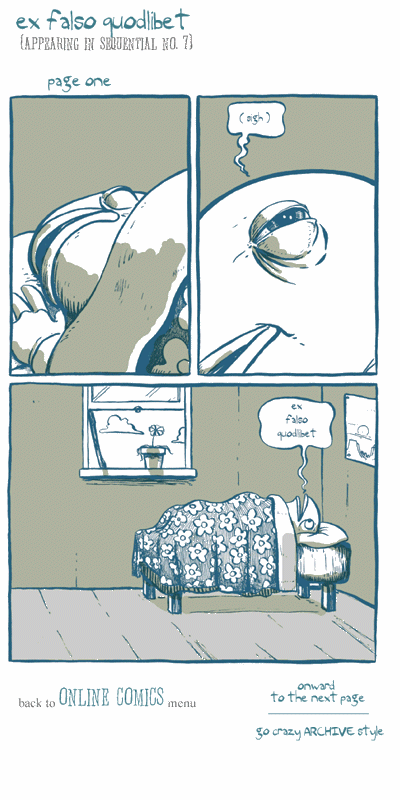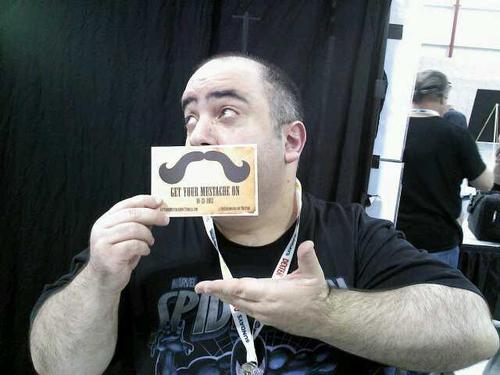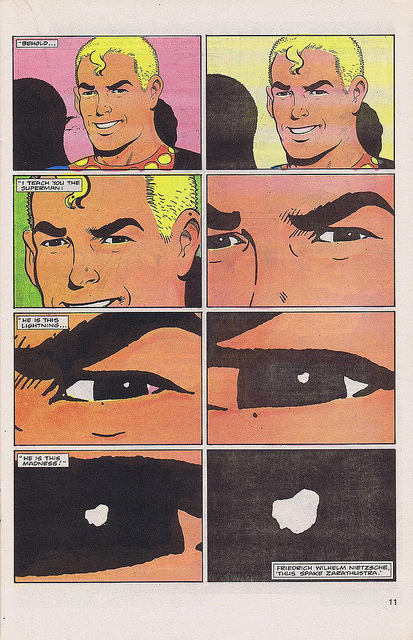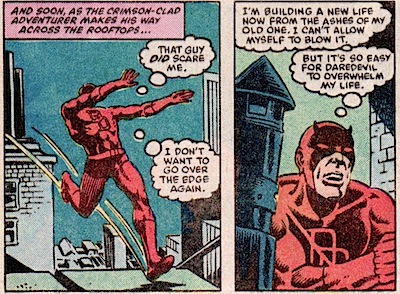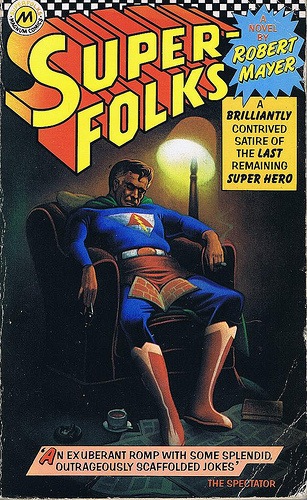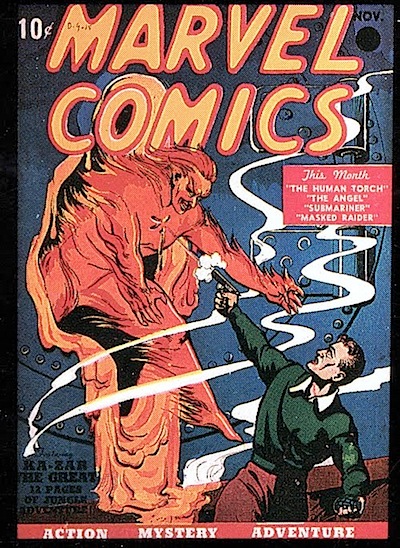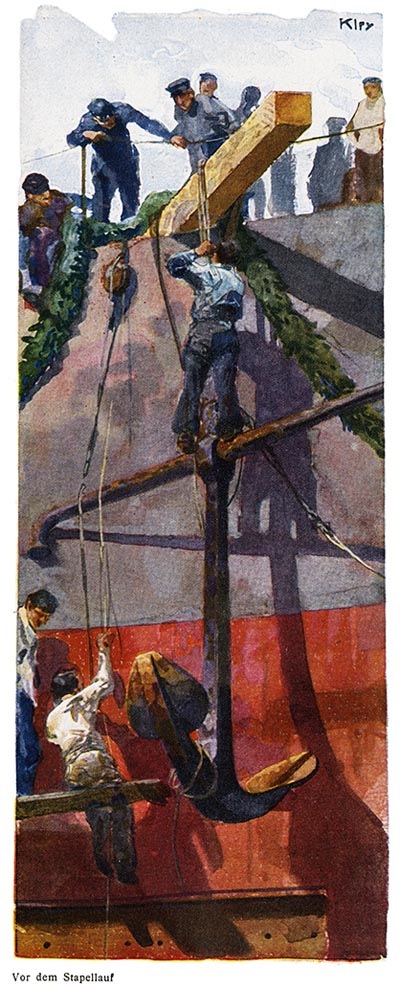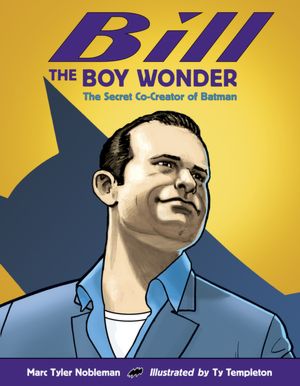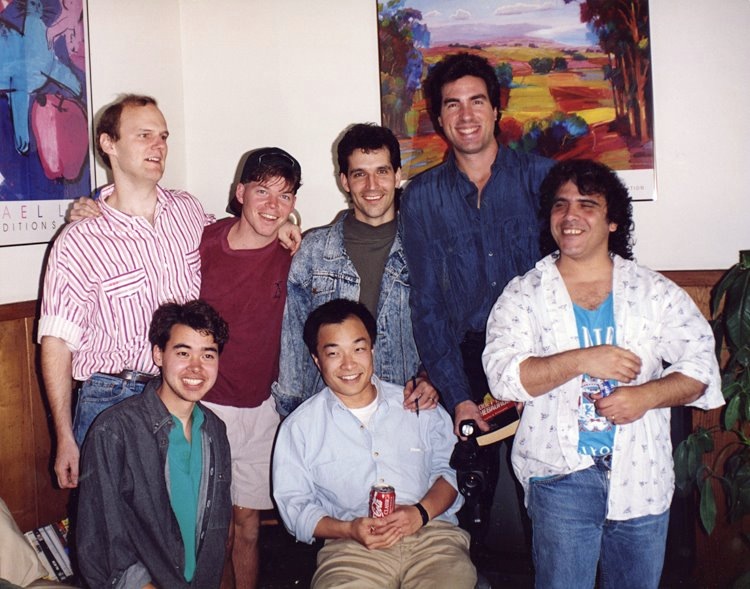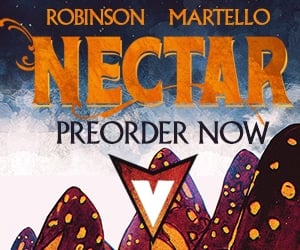The Strange Case of Grant Morrison and Alan Moore, As Told By Grant Morrison
by Laura Sneddon--Over the last few weeks, my good friend Pádraig Ó Méalóid has been writing a series of articles about Alan Moore and Superfolks, which became an edgeways look at the long running friction between Moore and fellow writer, Grant Morrison. While Moore has previously spoken out about his thoughts on Morrison in various interviews, Morrison has generally kept quiet on the issue. There have been occasional barbs of course, and plenty of praise, but very little on the actual facts of the matter.
The state of the comics internet on September 4, 2003
If you're a digital hoarder like The Beat you may wake up one day and realize you have some bookmark files that go back 10 years or more. And then you may poke around and you may find something like. Bradley's Almanac - comic book links which was last updated more than nine years ago.
Kick-Watcher: Joe Caramagna and Scott Koblish’s Wyatt Earp
You may remember Joe Caramagna dropping numerous hints over the past few weeks that he had a secret project in the works, a comic he would...
Alan Moore and Superfolks Part 2: The Case for the Defence
So, just to recap where we left off last time: it looks like Alan Moore has based all the big hits of his career on ideas he stole from Robert Mayer’s 1977 novel Superfolks. Various people, including Grant Morrison, Kurt Busiek, Lance Parkin, Joseph Gualtieri, and even Robert Mayer himself, have claimed at one point or another that Moore based a lot of his superhero work on various aspects of the book, specifically Marvelman, Watchmen, Superman: Whatever Happened to the Man of Tomorrow?, and his proposal to DC Comics for the unpublished cross-company ‘event,’ Twilight of the Superheroes. But is any of this true, or might there be another explanation? To answer that, I’m going to go through the individual allegations or suggestions, and deal them one by one, to see how they hold up.
Ditko: “You seem to have chosen the least attractive, the pessimistic, believing there really...
One of the events we missed last week was Steve DIitko's 85th birthday, so a belated birthday greeting, and a link to Michel Fiffe's...
Alan Moore and Superfolks Part 1: The Case for the Prosecution
In 1977 Dial Press of New York published Robert Mayer’s first novel, Superfolks. It was, amongst other things, a story of a middle-aged man coming to terms with his life, an enormous collection of 1970s pop-culture references, some now lost to the mists of time, and a satire on certain aspects of the comic superhero, but would probably be largely unheard of these days if it wasn’t for the fact that it is regularly mentioned for its supposed influence on a young Alan Moore and his work, particularly on Watchmen, Marvelman, and his Superman story, Whatever Happened to the Man of Tomorrow? There’s also a suggestion that it had an influence on his proposal to DC Comics for the unpublished cross-company ‘event,’ Twilight of the Superheroes. But who’s saying these things, what are they saying, and is any of it actually true?
When Carl Burgos tried to sue for the Human Torch
If the juicy, fact filled excerpts aren't getting you to run down to the bookstore to pick up a copy of Sean Howe's MARVEL: THE UNTOLD STORY, you must be dead to comics. io9 has a lengthy excerpt that goes right to the heart of the glory days of Lee and Kirby. I cut and pasted five different revelatory paragraphs before to settled on this one, regarding Carl Burgos, the original artist on the Human Torch, and his thoughts back in the 60s of trying to get the rights back.
Nice Art: Heinrich Kley’s secret influence on Walt Disney
Lost Art Books' Joe Procopio has a gallery of The Lost Art of Heinrich Kley which explains that the German illustrator (1863-1945) had a...
The One Time Bill Finger Stood Up to Bob Kane and Whether Batman and...
Marc Tyler Nobleman wrote Bill the Boy Wonder: The Secret Co-Creator of Batman, which came out a couple months back. The book is about Bill Finger,...
Quote of the day: Terry Stewart via Sean Howe
Via the Comics Journal's excerpt of the book everyone is talking about, Sean Howe's MARVEL: THE UNTOLD STORY.
On February 17, 1992, the day the...
Jim Shooter and Scott Edelman jumping out of a plane
Former Marvel assistant editor Scott Edelman riffles through the memory bag for this 1976 plane jumping exploit with then Marvel E-i-C Jim Shooter.
What's really...
Marvel now owns MIRACLEMAN…the trademark
Danny Best rolls out the relevant documents to show that Marvel now seems to own the Miracleman trademark. Does this mean the way is clear for the finale?




